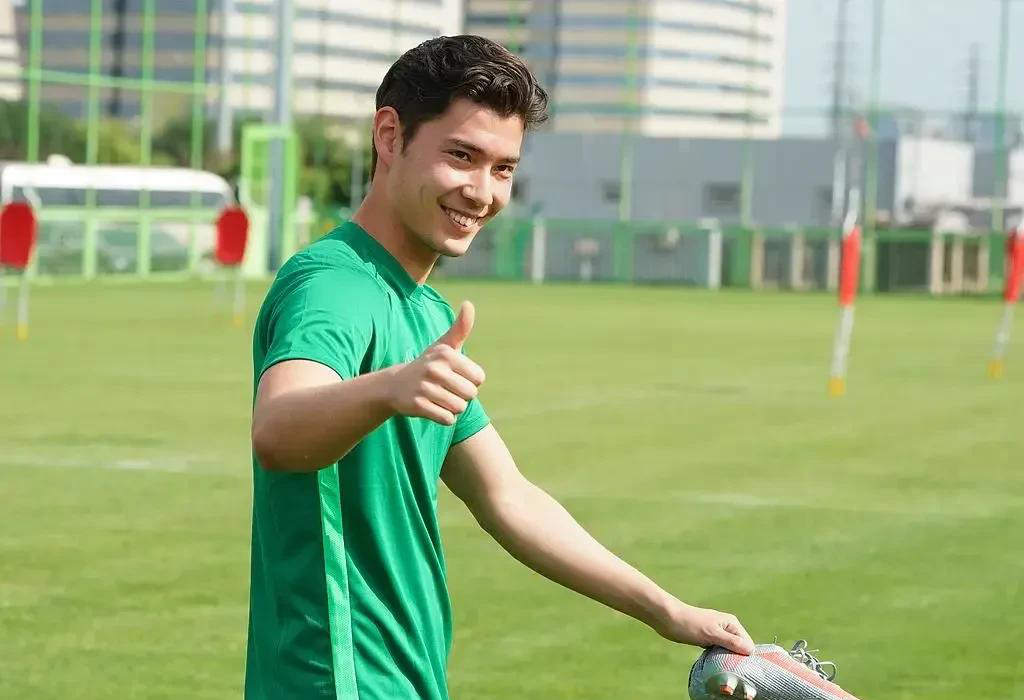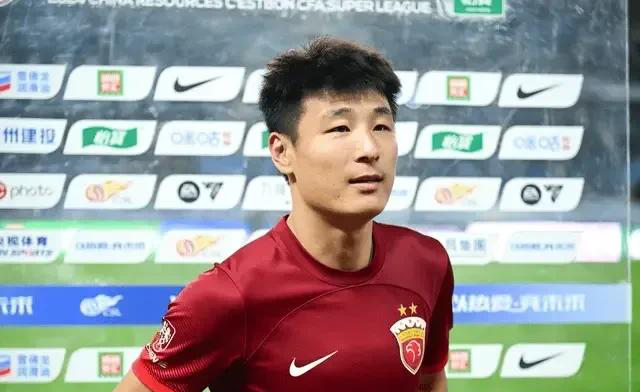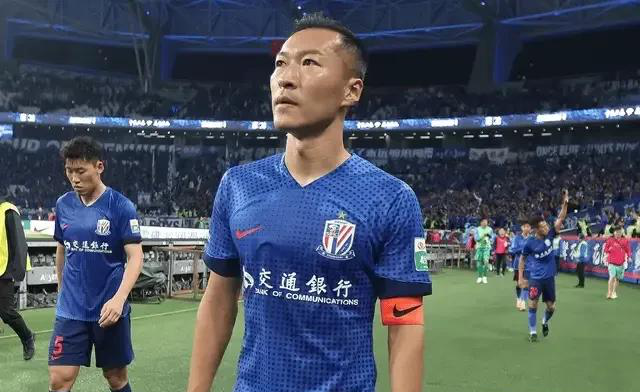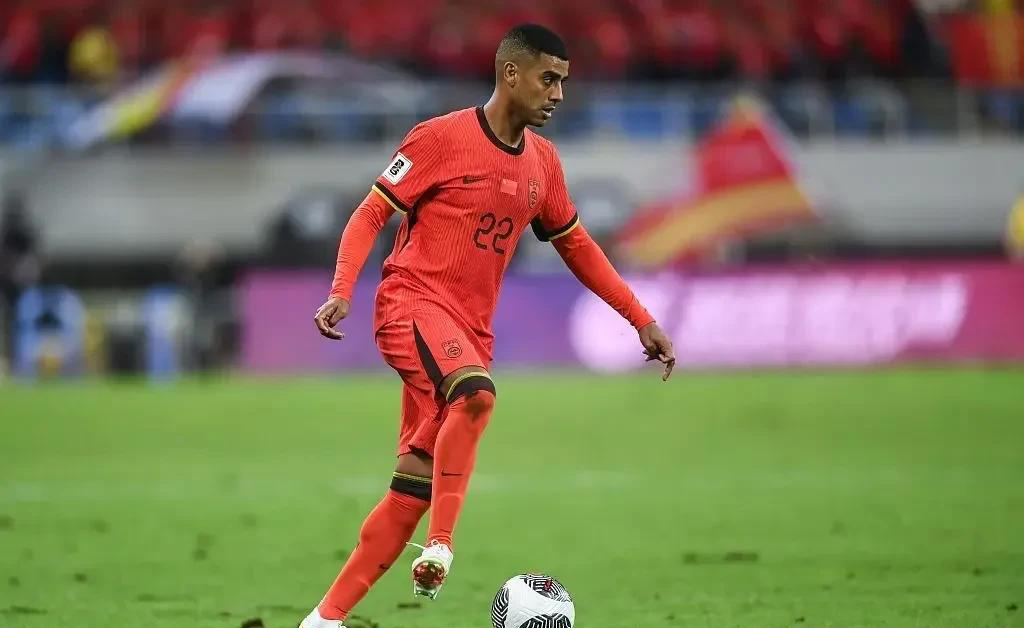The new roster for the national football team has been announced, and it's a mixed bag of emotions. With a list of 32 players, some are ecstatic while others are disheartened. More importantly, this lineup suggests that 12 former key players may be bidding farewell to the national team. This isn't just a simple rotation of players; it's more like a bold decision by Chinese football to cut off its own arm. Today, let's talk about these departing players and also look forward to the future of the national team.
First, let's talk about the veterans. Zhang Linpeng, at 35 years old, was once the core of the national team's defense, but now it's time to say goodbye. Time waits for no one, and a decline in competitive form is inevitable. Li Ang, 31 years old, was also once a fierce player on the defensive line, but he too is gradually fading from the national team's view. The departure of these two veterans is bittersweet, but it also heralds the need for fresh blood in the national team.

In midfield, Wu Xi and Liu Binbin face similar challenges. Wu Xi was once the absolute mainstay of the national team's midfield, but with age comes fluctuations in form. Liu Binbin, known for his incredible speed and nicknamed "Little Scooter," has also lost his starting position. With new talent emerging and competition intensifying, it will be difficult for them to return to the national team.
There are also several players who were once highly anticipated by fans but ultimately failed to meet expectations. Xie Pengfei, Gao Tianyi, and Liu Dianzuo all had opportunities to prove themselves in the national team, but they were unable to secure their positions. The national team needs players who can carry the flag on the international stage, and they can only say goodbye with regret.

The situation for naturalized players is even more awkward. Alan, Elkeson, and Li Ke, once seen as saviors of Chinese football, have now lost their places. Their departures have sparked reflection on the naturalization policy. Can naturalized players really solve the fundamental problems of Chinese football? This question is worth our deep consideration.
However, there are also newcomers in the new lineup that catch the eye. Hou Yongyong, Wu Mitijiang, and Maiwulong, the addition of these three young players injects new vitality into the national team. They represent the future and hope of the national team, and also make us look forward to the future with anticipation.

Speaking of the sources of national team players, Beijing Guoan, Shanghai Shenhua, and Shandong Taishan, these three established clubs are still major contributors of national team players. Their youth training systems and player reserves provide a solid foundation for the national team. This also shows that the development of Chinese football relies on the contributions of these established clubs.
As the Super League champions this season, Shanghai Port has only two players, Yan Junling and Wei Zhen, selected for the national team. This is somewhat embarrassing. The small number of national team players from the champion team reflects the gap between the team's overall strength and the needs of the national team. Shanghai Port needs to reflect on how to cultivate more players that meet the standards of the national team.

Of course, there are also two powerhouse players missing from this list due to injury, Wu Lei and Jiang Guangtai. Wu Lei is the banner of Chinese football's overseas players, and his abilities are unquestionable. Jiang Guangtai is also an important member of the defensive line. We believe that when they recover from their injuries, they will still be able to occupy a place in the national team.
Looking to the future of the national team, youth is the inevitable trend. Ivanković's strategy of using players also indicates that the national team is moving towards a younger direction. Giving young players more opportunities will allow them to grow faster and lay a solid foundation for the future of the national team.
The failure of naturalized players also makes us need to rethink the naturalization policy. Naturalized players are not a panacea; the fundamental problems of Chinese football still rely on cultivating our own talent. Only by establishing a complete youth training system can we continuously supply fresh blood to the national team.
Finally, let's place our hopes on the young players. Their rise is where the hope for the future of the national team lies. We also look forward to the day when the national team can truly rise and go to the world! The future of Chinese football requires the efforts of more young players and also needs more patience and support from us. Let's cheer for Chinese football together!